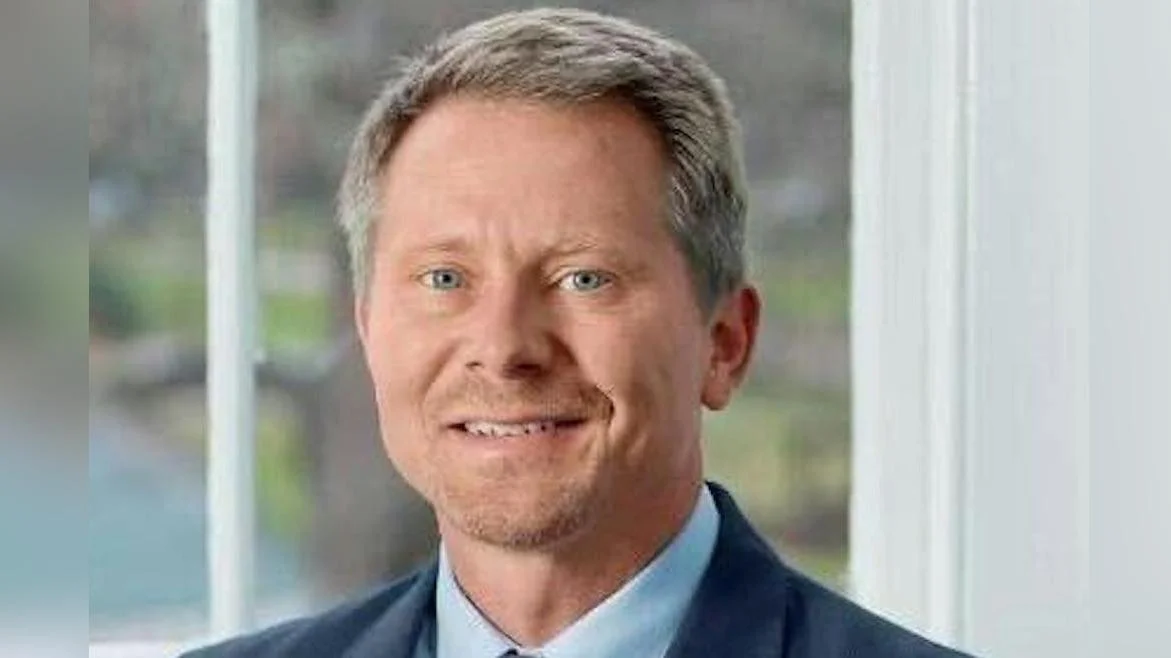Kevin M. Guskiewicz President at Michigan State University | Official website
Kevin M. Guskiewicz President at Michigan State University | Official website
Video game performers in Hollywood voted to go on strike against gaming companies on Thursday, halting voice acting, motion-capture work, stunts, and other activities in video games.
These performers are members of the Screen Actors Guild-American Federation of Television and Radio Artists (SAG-AFTRA), whose joint strike with the Writers Guild of America (WGA) against major Hollywood studios made headlines in 2023.
Similar to Hollywood actors and writers last year, video game performers’ primary concern is the regulation of generative artificial intelligence (AI). Without proper safeguards, gaming companies can create replicas of a performer’s voice or digital likeness without consent and compensation.
Michigan State University experts are available to comment on what this strike means for the video game industry. MSU hosts a top-ten ranked program nationally in video and computer game design, according to the Princeton Review.
Amanda Cote, an associate professor and director of the Serious Games Graduate Certificate in the MSU Department of Media and Information, researches the industry and culture of games with an emphasis on game development and labor; gender, identity, and representation; and collegiate esports.
“Like many entertainment industries, work in the video game industry is often precarious and uncertain for developers and performers. Because of this, interest in unionization has been rising across the industry from individual teams or studios to broader collectives like Game Workers Unite. Longstanding unions like SAG-AFTRA, which has negotiated video game performer contracts for many years, are thus part of a bigger conversation about the role of collective bargaining in video game production.
“Generative AI is a concern for many creative workers and was at the heart of recent negotiations by the Writers Guild of America as well as by SAG-AFTRA’s TV and film actors. Both groups won significant protections for their members ensuring that performers’ likenesses would not be used in AI creations unless they gave explicit permission and received payment. Video game performers are asking for the same protections especially as the behind-the-scenes nature of voice and motion capture performances potentially increases the risk of AI interference compared to live-action performances. Some video games have already been made with AI assistance, and workers want future uses of technology to be clear regulated and compensated.”
Casey O’Donnell, an associate professor in the MSU Department of Media and Information who studies creative collaborative work in video game design and development is also available for comment. He authored “Developer’s Dilemma,” a book from MIT Press examining work organization within media industries through game development.
“The video game performers’ strike is an example of how unions support workers at a time when the wealth differential between those performing creative labor and organizations reaping financial benefits continues to grow. This also exemplifies how union power's long history in film/television dwarfs that within gaming.
“The roots lie much more within tech where unionization efforts have long been difficult/slow. This highlights one huge issue generative AI poses globally: human work practices' future sustainability amid global capitalism.”
Ryan Thompson serves as assistant professor/resident musicologist within MSU’s Department of Media/Information focusing on sonic activity issues related to games:
“Bringing modern characters alive involves teamwork deserving fair compensation/treatment vital throughout development processes including actors discovering iconic voices co-creating meaningful emotional depth/narratives."
Anjana Susarla Omura-Saxena Professor responsible AI expert from MSU Broad College Business focuses upon ethical dilemmas transforming society via machine learning:
“With new generative models fears arise over job automation among creatives shifting power balances between studios versus creatives questioning economic value distribution amid newer content production models benefiting some companies.”






 Alerts Sign-up
Alerts Sign-up